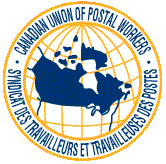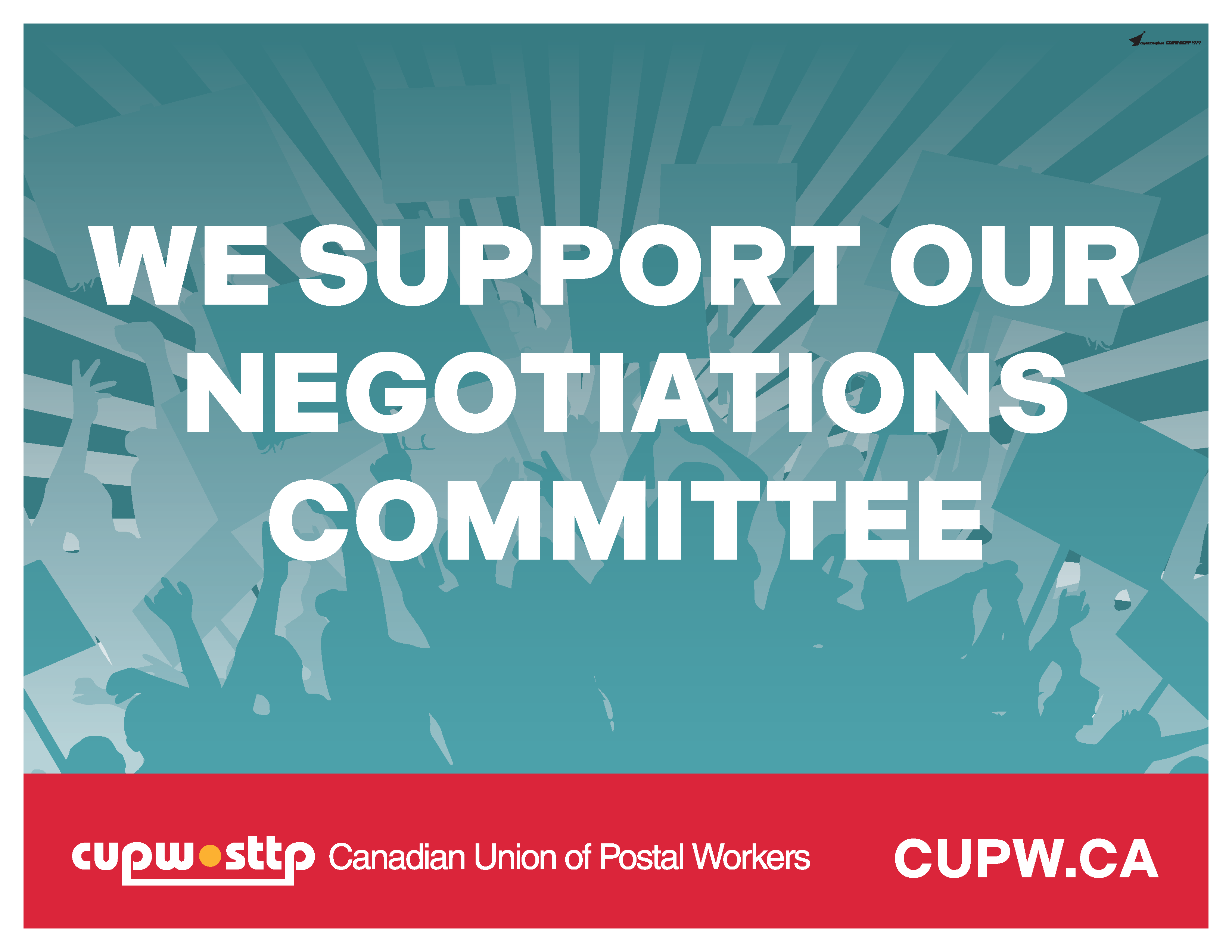
Tuesday June 25 2019
Recently I attended the Canada Post Annual General Meeting held in St. John’s NL. Also attending was Nancy Beauchamp, CUPW National Director for Montreal, several representatives from the CUPW Atlantic Regional Office and members and executive officers from the St. John’s local. The meeting was chaired by Susan Margles, Senior Vice-President, Corporate Affairs. Both CPC President Doug Ettinger and Chief Financial Officer Wayne Cheeseman addressed several issues of importance to CUPW members.
Here are some of the issues they raised.
CPC’s Financial Situation
Mr. Cheeseman reported on the financial situation of Canada Post. He stated that had it not been for the retroactive RSMC pay equity payments CPC would have reported a profit in 2018. Despite lower volumes of direct mail and transaction mail CPC was profitable in the first quarter of 2019, due in part to a small increase in parcel volumes.
Parcel Deliveries and Parcel Lockers
Mr. Ettinger was clear that his greatest priority is to improve the quality and increase the volume of parcel deliveries. He stated that parcel lockers were extremely popular with customers and that CPC plans to install more than 5,000 more parcel lockers this year.
Importance of Retail Post Offices
Ettinger also recognized that with more than 6,100 retail postal outlets (more than Starbucks and Tim Horton’s combined) Canada Post is an important presence in communities across the country. He acknowledged the important role played by the retail outlets facilitating parcel pick-ups and returns and stated that CPC plans to speed up service to ensure that people do not have to wait in lines to be served.
Protecting the Environment
Ettinger also recognized that with more than 13,000 vehicles CPC has environmental responsibilities. He announced that CPC were going to purchase 500 hybrid vehicles.
Although these vehicles represent a very small portion of the total fleet the fact that CPC is moving in this direction is a tribute to the work of CUPW and our allies in the labour and environmental movements in raising the importance of the environment and pushing CPC to assume its responsibilities to reduce GHG emissions.

Negotiations: CPC Rejects the Union’s Approach
In response to questions about the possibility of negotiating a collective agreement instead of having an imposed contract, Ettinger stated CPC would continue with the arbitration and that the union-management relationship would have to improve prior to bargaining. Although disappointing this response is not surprising. In 2011 and 2018 CPC management made it clear they preferred back to work legislation and imposed arbitration instead of recognizing CUPW’s right to collective bargaining. The only reason they signed a contract in 2016 is because they were forced to by the newly elected government. It is difficult to understand how they expect to improve the relationship while they are opposing our proposals for health and safety, improved staffing, and pay for all hours worked for the RSMCs.
A negotiated agreement could set the foundation for improved relations. An imposed contract, which fails to address the needs of postal workers, is more likely to guarantee future conflict.
In solidarity,
